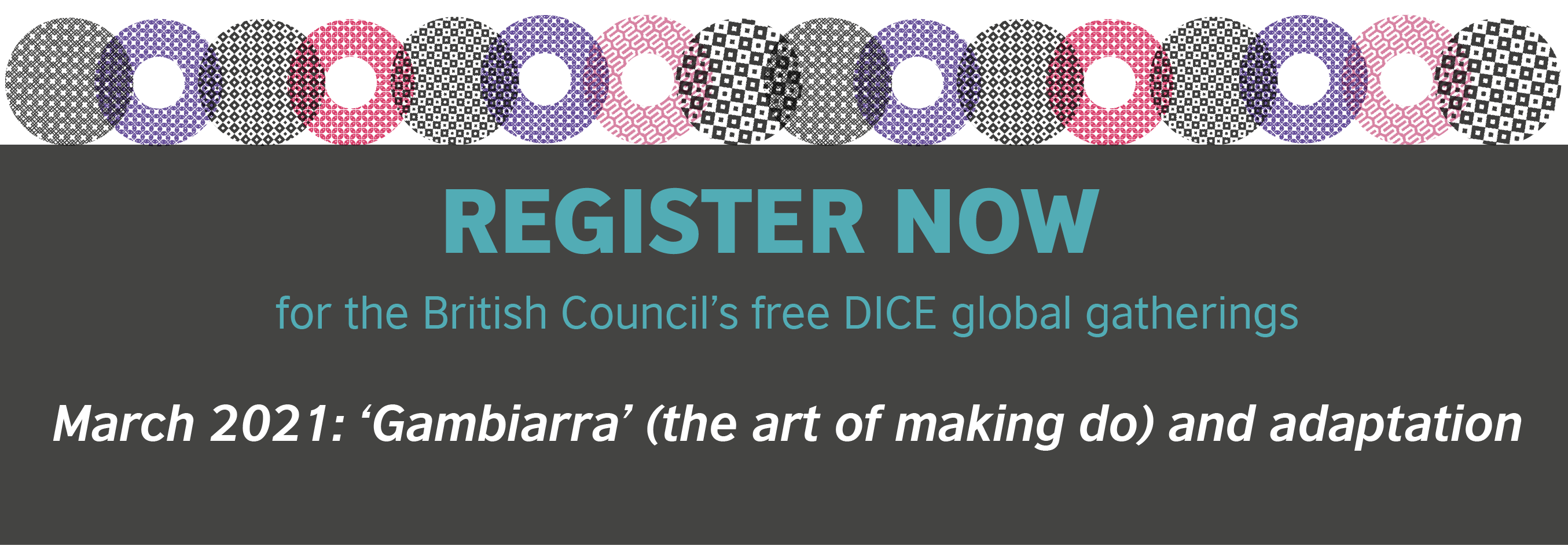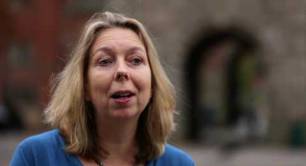As social enterprise proliferates in Indonesia, a partnership with the UK caters to soaring demand for impact measurement
Breaking through the sometimes mystifying language of impact measurement and management is a challenge, but a project run by Social Value UK and an accelerator for Indonesian social enterprises has proved a success.

A 21st century economic success story, Indonesia has seen a surge in economic activity resulting in a quadrupling of its per capita GDP between 2000 and 2019. However, it’s fair to say that this has not been a tide to float all boats. According to the World Bank and NGOs like Human Rights Watch, almost 10% of the country’s 264 million residents live below the poverty line, regional inequality is rife, deforestation, overcrowding and other forms of environmental degradation loom large, and many millions face discrimination on the basis of race, gender, disability and sexual orientation.
However, many participants in Indonesia’s thriving economy are beginning to turn their attention to the issues the country faces. It is in this space that a burgeoning social enterprise scene is beginning to flourish.
‘The idea of solving social and environmental problems through a business model is really, really getting traction,’ says William Hendrajaja, with excitement in his voice. As managing partner at SIAP (Social Innovation Accelerator Program), a Jakarta-based learning platform for new social and creative enterprises, he is well placed to know.
The proliferation of social enterprise across Indonesia has been largely organic, often with enterprises tackling issues with which they have a local or personal connection. Many social entrepreneurs are not equipped with the knowledge and systems required to measure the impact of their businesses. The practice of measuring and assessing non-financial returns, known as impact management, is held to be crucial in building effective social enterprise. It allows entrepreneurs and their teams to observe, understand and increase the positive social changes the business is trying to make. ‘If you want to create a solution that’s meaningful, you have to understand the level of change it creates,’ explains William.
In the last year, SIAP has partnered with impact specialists Social Value UK on a mission to boost the understanding of impact measurement in Indonesia’s social enterprise community, with the wider goal of improving the effectiveness of the community as a whole as a force for change.
Having secured a grant from the British Council’s DICE Fund, their collaboration has seen SIAP’s operations expand beyond Jakarta, setting up programmes in three other Indonesian cities: Malang, Makassar and Solo. Intensive courses with a core focus on impact management were run in all four cities. These consisted of a five-day, hands-on bootcamp followed by a three-week online mentorship programme. Reflecting strong interest, the courses had over 950 applicants for only 120 places (30 in each city).
Taking part were a diverse cohort of creative social enterprises tackling a range of social and environmental issues. Some focused on issues recognisable in nearly all societies, like employment for ex-convicts, and accessible medical e-learning which aims to remove class and wealth as barriers for aspiring medical students.
Others addressed problems more specific to Indonesia, such as working closely with farmers to produce healthy and sustainable chocolate products. Indonesia has been a major producer of cocoa beans for decades, but nearly all of them are processed into chocolate abroad and some farmers have never tasted the product of the crop they’ve spent their lives harvesting. Bringing the processing close to home creates a feeling of community empowerment since it gives local people a better sense of connection with the consumers.
Adapting to local conditions
The team from SIAP and Social Value UK encountered varied levels of understanding of impact management among the course participants, particularly in those of the bootcamps that were held outside Jakarta. William acknowledges this as a key challenge the programme faced: ‘We have had to adapt across the four bootcamps: the pace of training, the case studies, the methodologies.’
Teaching impact management faces another challenge posed by the mystifying language in which it is often presented. ‘You’re looking at really dry concepts and jargon if you’re not careful,’ says Adam Richards of Social Value UK. ‘There’s a tendency to talk about it in a very esoteric way.’
It is hard to disagree. The language of impact is peppered with terms like ‘depth counterfactual’, countless acronyms, and highly specific distinctions between things like soft outcomes, interim outcomes, hard outcomes and shared outcomes.
There’s a tendency to talk about impact management in a very esoteric way
All this can appear daunting to the uninitiated, but Adam maintains that, at its core, impact management is very simple. ‘Fundamentally it’s about what’s changing for people, and about using evidence of that to support how we make decisions.There’s a real risk of overcomplicating things and making this an industry for expert consultants, and this project has been an attempt not to do that.’
Both Adam and William are confident their participants have been able to cut through the jargon and relate the ideas of impact management to their operations on the ground. And the two share a palpable optimism for the future of social enterprise in Indonesia. ‘It’s mind-blowing to see what’s happening,’ says Adam, ‘and we’re just scratching the surface.’
The British Council and the DICE Collaborators (including the organisations featured in this article) invite you to join them in a series of conversations about reducing inequalities, collaborating across borders and oceans, and operating impact-focused enterprises at a time of profound change. These free, monthly live events are co-hosted by impact-focused organisations in Brazil, Egypt, Indonesia, Pakistan and South Africa and their partners in the UK, and draw on their experience of collaborating across borders to address challenges such as youth unemployment, environmental catastrophe, disability rights, and gender inequality in local communities. Find out more and register here.
The DICE Series tells the stories of collaborations which brought together enterprise development experts from the UK with specialists working in five emerging economies – Brazil, Egypt, Indonesia, Pakistan and South Africa – during 2019-20 with the aim of addressing entrenched issues of economic and social exclusion. Read more about the British Council’s DICE programme here.





